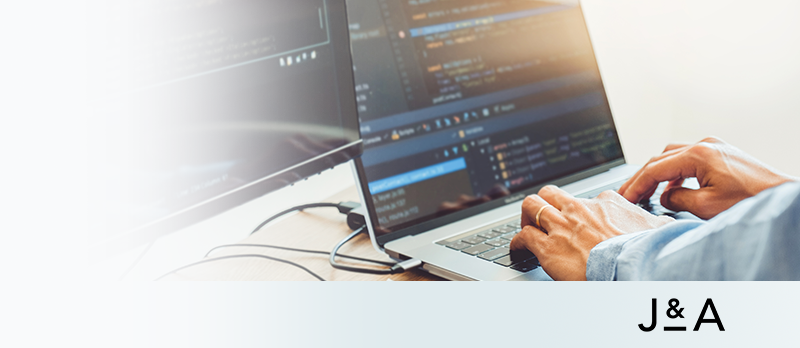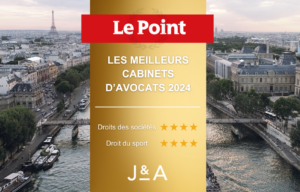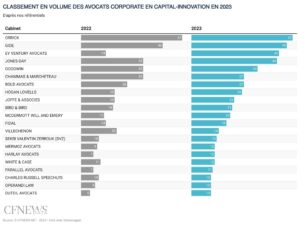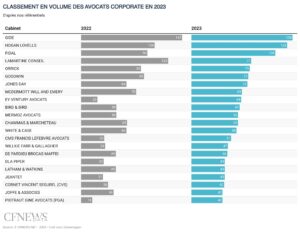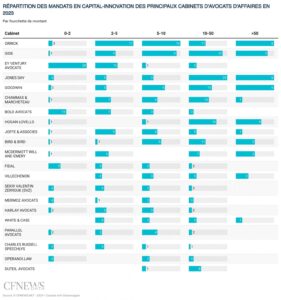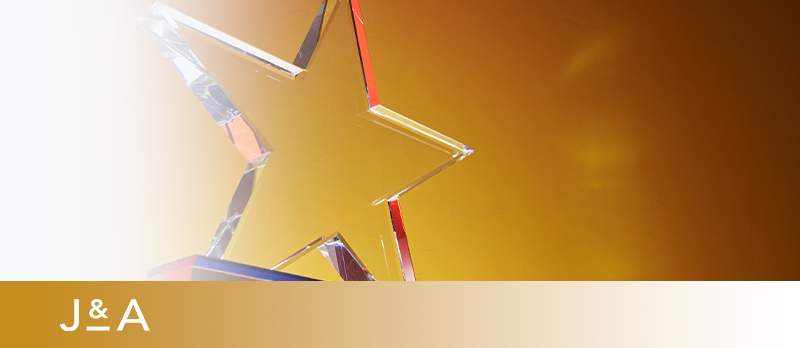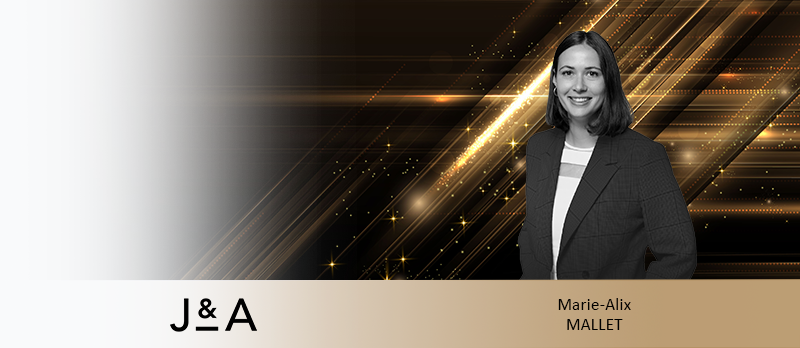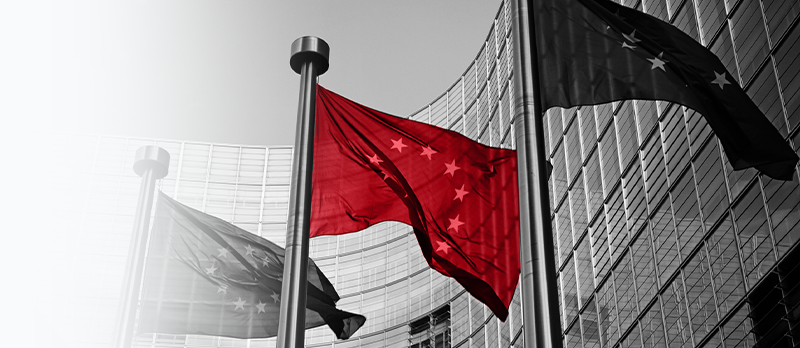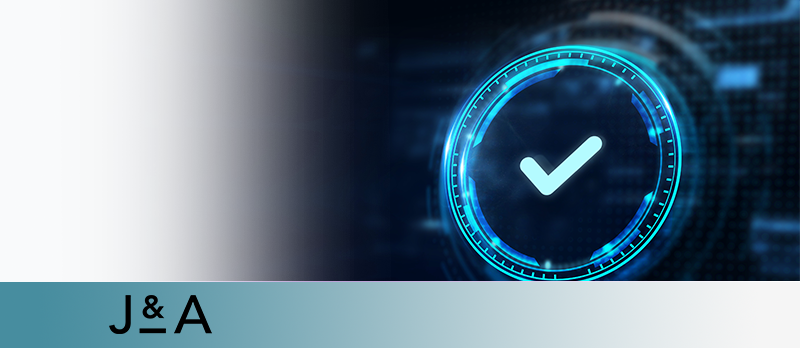Les textes européens en préparation se multiplient en matière de protection des consommateurs contre l’écoblanchiment ou « greenwashing ». Les entreprises doivent s’attendre à des obligations accrues.
D’une part, une proposition de directive modificative a été présentée par la Commission européenne le 30 mars 2022 pour donner aux consommateurs les moyens d’agir en faveur de la transition écologique grâce à de meilleures informations et à une meilleure protection contre les pratiques déloyales (Communiqué de presse). Ce projet de directive, que le Parlement européen vient d’adopter en première lecture le 11 mai 2023 a pour but de permettre aux consommateurs de « faire des choix éclairés et respectueux de l’environnement lorsqu’ils achètent leurs produits » selon le communiqué de presse de la Commission européenne.
Ainsi, le législateur souhaite lutter contre des pratiques commerciales déloyales telles que :
1) Les pratiques d’écoblanchiment (allégations trompeuses relatives à l’environnement), notamment en fournissant aux consommateurs une information sur la durabilité et la réparabilité des produits, en élargissant la liste des pratiques commerciales déloyales aux pratiques consistant à énoncer des allégations environnementales génériques et vagues et à présenter une allégation environnementale concernant le produit dans son ensemble alors qu’elle ne concerne qu’une de ses caractéristiques.
2) Les pratiques d’obsolescence programmée
3) L’utilisation de labels de durabilité et d’outils d’information non fiables.
D’autre part, la Commission a publié une proposition de directive le 22 mars 2023 complétant la proposition de mars 2022 en prévoyant des règles plus spécifiques sur les allégations environnementales et une interdiction générale de la publicité trompeuse. Elle s’inscrit dans le cadre de la législation relative à l’économie circulaire.
1) L’objectif de cette directive est d’interdire toute mention environnementale générique non étayée pouvant être trompeuse pour le consommateur. Ainsi, selon la proposition de directive, les consommateurs devront bénéficier d’informations « fiables, comparables et vérifiables » pour choisir des produits et services respectueux de l’environnement.
2) Autrement dit, pour communiquer ou faire de la publicité sur les questions environnementales, des preuves détaillées et scientifiques des allégations devront être fournies par les professionnels et mises à la disposition des consommateurs. Un processus de vérification indépendant sera mis en place.
3) Par exemple, si la mention « neutre en carbone » figure sur un produit, le professionnel devra démontrer comment les émissions de CO2 ont été compensées en fournissant des informations sur les plans de compensation.
4) Ensuite, la proposition de directive a pour objectif de lutter contre l’obsolescence programmée en interdisant de limiter la durabilité des produits dès leur conception.
5) Enfin, pour lutter contre la prolifération des labels, la Commission souhaite interdire tous les labels publics, sauf s’ils sont conçus à l’échelle communautaire, et réglementer les labels privés, qui devront être de meilleure qualité. Les députés proposent de créer un nouveau label de garantie indiquant la durée de garantie légale et les extensions prévues par le professionnel.
Le droit français a anticipé sur certaines de ces règles, par exemple depuis l’entrée en vigueur, au début de l’année, d’un décret imposant des règles très contraignantes à tout commerçant formulant des allégations relatives à son impact en matière de carbone (articles D. 229-106 et suivants du code de l’environnement).
Le cabinet Joffe & Associés est disponible pour vous assister dans la préparation de votre mise en conformité.
Article rédigé par Véronique Dahan et Jérémie Leroy-Ringuet.


